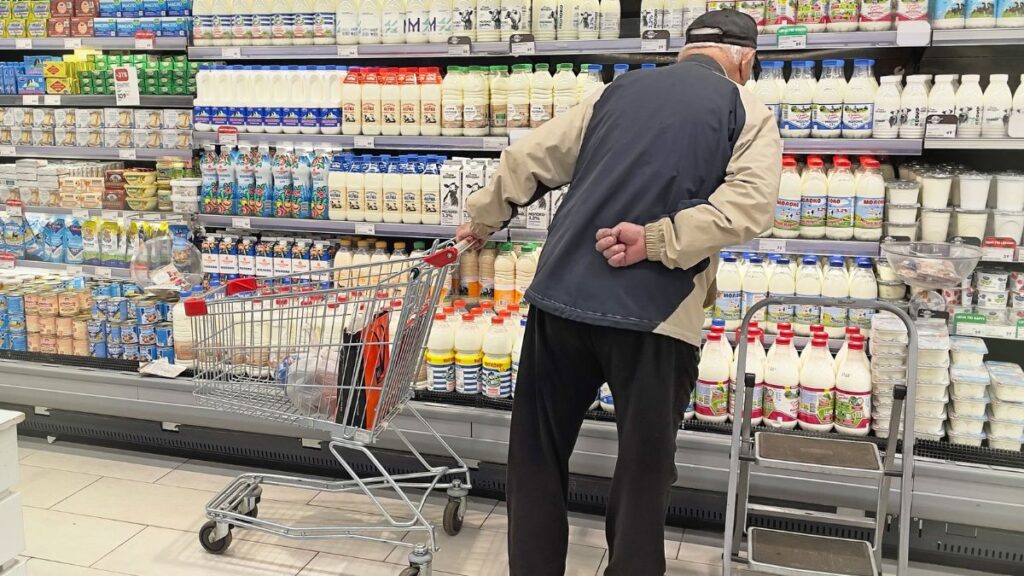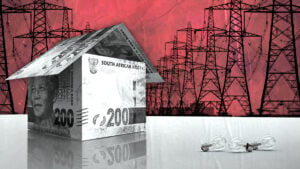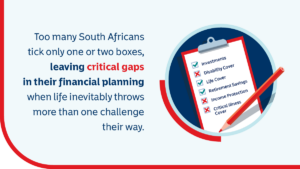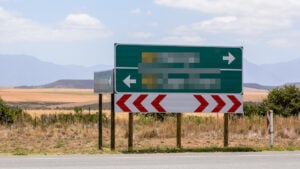More price pain at the tills coming for South African households

South African households can expect more pain at the tills following the latest hike in fuel levies, with food prices likely to rise across the board.
This is the warning from Thabile Nkunjana, senior economist and trade researcher at the National Agricultural Marketing Council.
The increase in the general fuel levy raised petrol and diesel levies by 16 and 15 cents per litre, respectively.
This means that the fuel levy in the price structures of petrol and diesel will increase to R4.15 and R4.02 per litre, respectively.
Nkunjana said the knock-on effects of this policy decision will be deeply felt, especially by the country’s most vulnerable communities.
“The agricultural sector is one of the top users of fuel in the country. This is mainly because of how it is designed,” he said.
He explained that the sector is highly mechanised and upscale, using huge machines that consume a lot of fuel.
“When fuel prices go up, so do the production costs, and those costs are inevitably passed on to the consumer.”
Petrol and diesel levies are compounding the burden for farmers already grappling with elevated input costs. Fuel accounts for roughly 13% of farming input costs in South Africa.
According to Nkunjana, this alone is significant, but when combined with other rising expenses, like fertilisers, pesticides, and electricity, the cumulative pressure on producers becomes even more concerning.
He warned that the impact of the levy increase wouldn’t stop at the farm gate. Fuel is not only used in production.
He explained that the processing of food, primary collection, and logistics are all fuel-intensive stages.
“Once food is harvested, it must be transported to warehouses, processed, packaged, and finally distributed to retailers,” he said.
“Every stage in the value chain depends on fuel, and when that cost increases, the final product becomes more expensive.”
He said this chain reaction is particularly dangerous in a country where many people are already struggling to afford basic goods.
Not sustainable

Nkunjana stressed that lower-income and rural households will feel the pain the most. “These communities already spend a disproportionate share of their income on food and transport.”
South Africa also relies heavily on imported agricultural inputs like fertilisers and pesticides, which are subject to global price movements. When fuel increases are added to this volatile mix, the risk of reduced production grows.
“We’ve seen this before, during COVID-19, where rising costs led to higher imports and lower local production. We could see a similar pattern again if the pressure continues,” Nkunjana said.
The combined impact of the fuel hike and rising electricity prices, particularly affecting irrigation systems and cold storage, adds another layer of strain.
Nkunjana also explained that most irrigation systems use a lot of electricity. “So when you combine these two hikes, fuel and electricity, you’re looking at a severe cost squeeze on producers across the board.”
When asked whether ongoing increases in fuel-related costs threaten the country’s overall food security, Nkunjana said that they certainly do.
He said South Africa produces more food than it consumes, and exports over 50% of its agricultural output in value terms.
However, he highlighted that the problem is affordability. Many South Africans don’t have the income to buy that food, even if it’s available.
Nkunjana noted that while a direct link between input cost hikes and a drop in food production has not yet been established, the risk remains real.
“We are monitoring the situation. History and international examples tell us that production often drops when input costs rise significantly. If that happens here, it could undermine one of the few sectors still contributing positively to our economy.”
Nkunjana stressed the need for decisive action. “We need a coordinated effort between government and the private sector to shield farmers and consumers from further shocks,” he said.
“If we don’t act now, the consequences will be felt not only on supermarket shelves, but throughout our entire economy.”




















